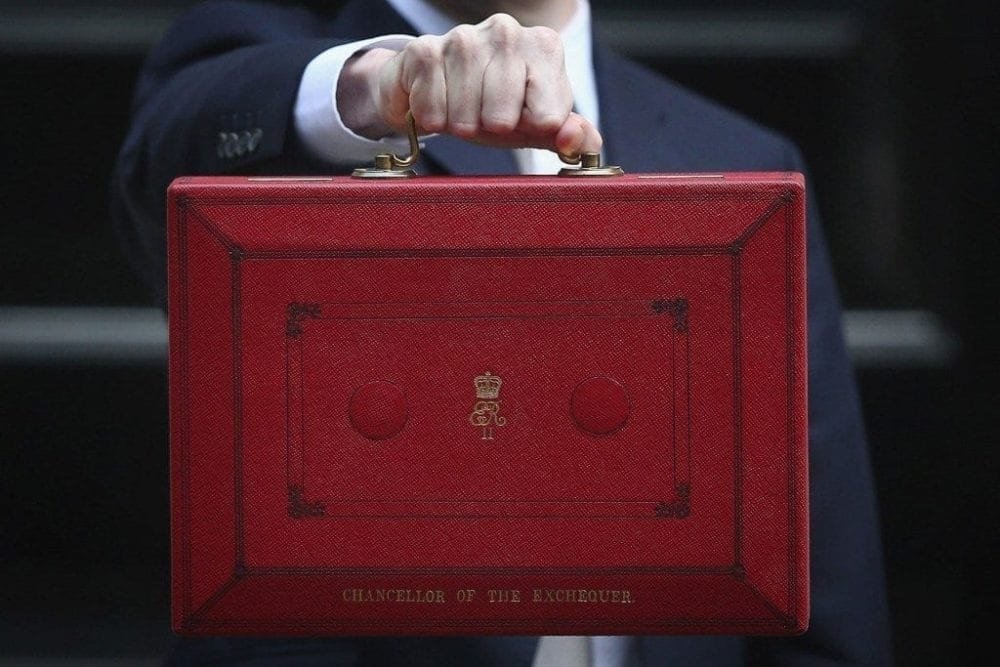The cost of fossil fuels
The report suggests that the government should seek to correct market failures that distort the power sector, particularly by ensuring that the price of electricity generated by fossil fuels reflects the costs they impose through climate change and air pollution.
It recommends that the government should focus on helping to limit electricity bills, rather than the prices paid by household and business consumers. This can be achieved through stronger policies to improve energy efficiency and reduce energy waste.
Poorer households tend to spend a larger proportion of their income on energy and are therefore disproportionately burdened by the charges added to electricity bills to support subsidies.
Funding subsidies
The new report recommends instead that ‘the Government should consider funding subsidies for new low-carbon power sources through measures that are less regressive than increases to consumers’ electricity bills’.
The report points out that ‘the [UK’s] system of subsidies has led to a significant increase in the deployment of renewables’ and that ‘it is widely agreed that renewable power is decreasing one component of electricity prices – the wholesale costs.’
The report uses a model designed by economists at the Grantham Research Institute to analyse the most cost-effective way to cut UK emissions. The model finds that out of seven possible policy instruments, carbon pricing would reduce carbon dioxide emissions in the UK with the least overall welfare cost. An electricity consumption tax would be the most costly.
Cheapest electricity in Europe?
The report emphasises that ‘the Government should assess the overall welfare cost to household consumers, taxpayers and businesses, and not just the direct cost to consumers, when assessing the cost-effectiveness of policies to reduce greenhouse gas emissions.’ The model shows that minimising consumer electricity prices is not the most cost-effective approach overall and would entail a large cost to the government.
The report points out that the terms of reference for the Helm Review, published last month, set a target of achieving the lowest electricity costs for UK consumers and businesses compared with the other EU member states.
‘In general, electricity prices for households and most businesses in the UK are not the highest in the EU’, states the report, but to ‘realise its ambition of having the lowest energy costs in the EU for household and business consumers, the Government should focus on bills, not prices’.
It also points out that ‘energy efficiency improvements have already saved the typical UK household around £290 a year since 2008, according to the Committee on Climate Change, more than offsetting the cost of supporting low-carbon energy sources.’
Click here to find out how you can cut ties to fossil fuels – and save money – by switching to a green energy supplier.
 Play Video about This Rock Might Just Save The World
Play Video about This Rock Might Just Save The World Play Video about Play 2 hours of rock
Play Video about Play 2 hours of rock Play Video about Play 2 hours of brook
Play Video about Play 2 hours of brook Play Video about Play 2 hours of sheep
Play Video about Play 2 hours of sheep











































